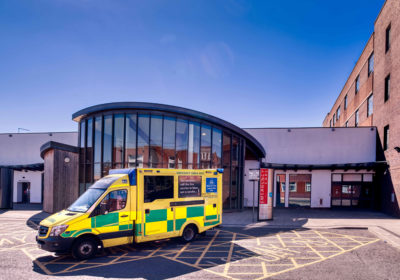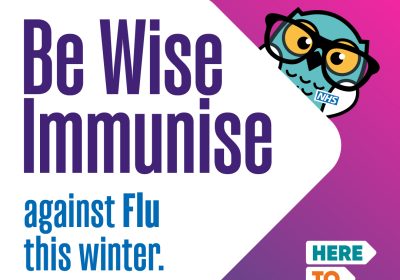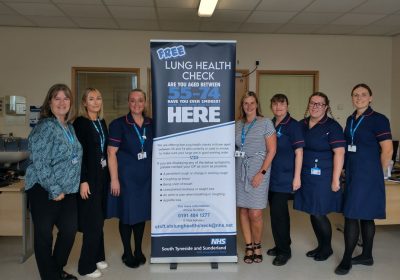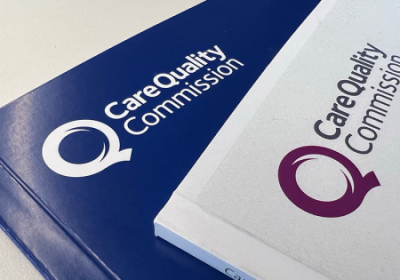That was the finding of a survey by Healthwatch South Tyneside, requested by the borough council’s Public Health Team.
South Tyneside has the highest number of alcohol-related deaths in the North-East and second highest in England.
In a bid to tackle the shocking statistic, Alcohol Harm Reduction Strategy ‘Calling the Shots’ – developed by South Tyneside’s Alcohol Strategy Group, partners and local residents who have faced alcohol-related issues – was launched in March.
Six key priorities were agreed in the strategy:
• Prevention and early intervention of alcohol misuse
• Protecting our children and young people, and creating the conditions for an alcohol-free childhood
• Reducing health inequalities
• Delivering a quality, safe and effective treatment system
• Tackling alcohol-related stigma
• Improving community safety.
It builds on South Tyneside’s ‘A Better U’ campaign, which promotes everyone working together to improve health and wellbeing. It looks at how alcohol harm is influenced by individual drinking habits and community-wide consumption and considers universal and targeted support specific for certain groups in the community.
South Tyneside Council’s Public Health Team asked Healthwatch to carry out a survey to gather feedback to help them to better understand residents’ experiences of Alcohol Brief Intervention (ABI).
The Public Health Team was especially interested in feedback from patients who experienced this intervention in GP practices and pharmacies, often the first point of contact.
Specifically, they wanted to find out:
• How do residents perceive ABI?
• Have there been any missed opportunities to deliver ABI?
• Are other health and care services (including primary care) asking about alcohol?
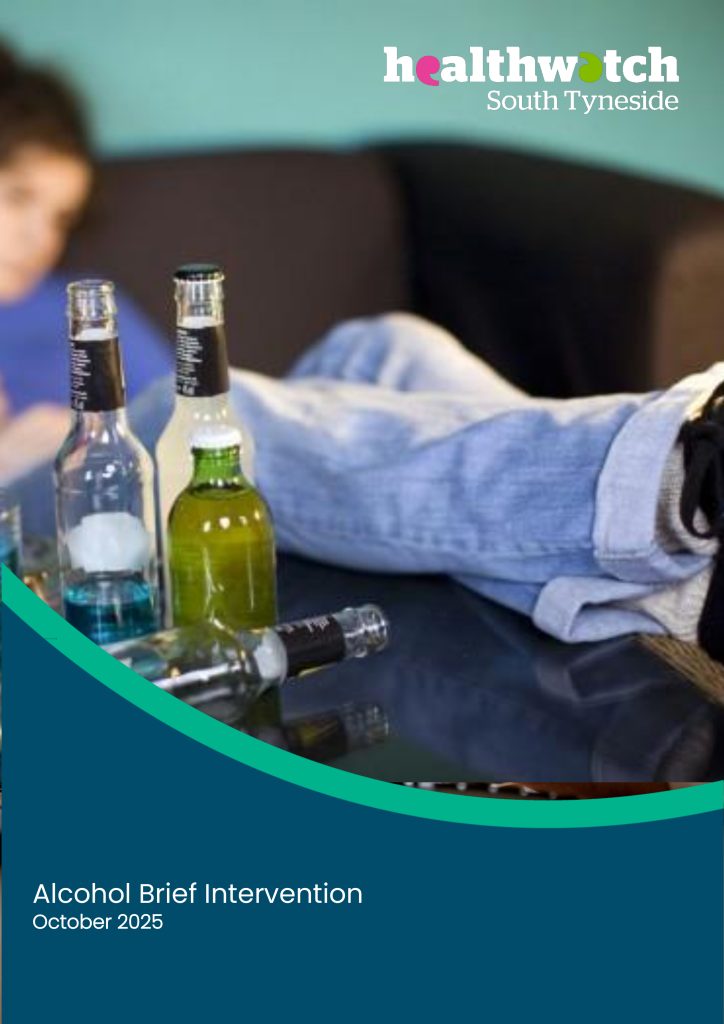 The Public Health Team provided copies of ‘Calling the Shots’, which Healthwatch South Tyneside shared during our engagement activity with the general public, community groups, hospital information stands and voluntary and statutory organisations. The report was well received and further copies were requested.
The Public Health Team provided copies of ‘Calling the Shots’, which Healthwatch South Tyneside shared during our engagement activity with the general public, community groups, hospital information stands and voluntary and statutory organisations. The report was well received and further copies were requested.
Healthwatch contacted and planned visits to a number of established groups in the community during July, August and September, and 64 people completed the survey.
More than four-fifths of respondents said they had been asked by a health professional about their alcohol intake and, of these, all gave an answer as to who had asked them – ranging from GP to nurse to dentist to online pharmacy.
Questions about alcohol consumption have become routine during general health checks and, where appropriate, a number of patients were referred to South Tyneside Adult Recovery Service (STARS).
There was a definite brand recognition for this service, with positive comments including ‘great support’ and ‘a lifeline’.
Some respondents felt that certain health professionals would benefit from additional training about addictions. Comments included:
“I think that it would be useful for health professionals to attend a workshop at STARS to see the different scenarios of how alcohol affects different people and the processes put in place for each individual.”
“I think that all GPs need to understand dependency.”
“Health professionals such as the GP or Practice Nurse are not specialists in this area.”
There were also strong opinions about appropriate times for medical professionals to ask questions about alcohol consumption. They included during pregnancy, any appointments relating to mental health and anyone going through the grieving process.
But some thought it should be a standard question at any medical appointment.
Responding to the report, the Public Health Team said: “We would like to express our appreciation to Healthwatch for supporting resident engagement and helping us gain a clearer understanding of community needs and experiences. The insights gathered will inform a broader initiative focused on strengthening our system-wide approach to Alcohol Identification and Brief Advice. Thank you!
Read our full report: https://www.healthwatchsouthtyneside.co.uk/wp-content/uploads/2025/10/Alcohol-Brief-Intervention-with-provider-response-October-2025.pdf

